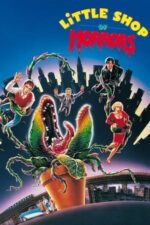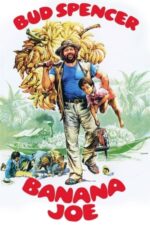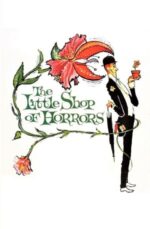Beyond Anger: Exploring Aggression in Cinema (and Why We're So Fascinated)
We throw around the word "aggression" a lot, don’t we? It's more than just anger; it implies intent, action, a crossing of boundaries. And cinema, that magnificent mirror reflecting our humanity (warts and all), has been wrestling with aggression in countless ways – from slapstick to searing drama. What I find so compelling isn't if it appears, but how filmmakers choose to depict it, and what that reveals about our own anxieties.
Think about Attack of the Killer Tomatoes!. Yes, it’s pure camp, a gleefully absurd send-up of disaster movies. But beneath the wobbly special effects and cheesy one-liners lies something interesting: aggression turned utterly ridiculous. The tomatoes aren't driven by malice; they're just… attacking. It’s primal, instinctual, stripped bare of any rational motivation – which, in its own way, can be more unsettling than a clearly defined villain. I remember seeing this as a kid and being completely delighted by the sheer silliness, but now I appreciate it for how cleverly it deconstructs anxieties about uncontrolled forces.
The darker side of that instinct is beautifully explored in Little Shop of Horrors. Seymour’s situation isn't just about feeding a plant; it’s about succumbing to pressure, sacrificing his morals to appease something demanding. Audrey II’s aggression isn’t physical initially – it's manipulative, persuasive, subtly corrosive. It forces Seymour to confront his own desires and weaknesses, making him complicit in its escalating violence. It asks: what are we willing to do to get what we want?
Then you have films like Banana Joe, which uses aggression as a narrative catalyst. Joe’s initial act of defiance against the mob sparks a chain reaction that forces him out of his comfort zone, ultimately revealing unexpected strength and resourcefulness within him. It's a classic underdog story fueled by righteous indignation – a far more palatable form of aggression than, say, the simmering rage in Mom.
Speaking of which, Mom is a gut punch. The film doesn't shy away from depicting a mother’s devastating response to unimaginable trauma. Her actions are born from grief and a profound sense of injustice - it makes you grapple with the moral complexities of vigilante justice. The aggression here isn't comedic or fantastical; it’s raw, visceral, and deeply human – and incredibly difficult to watch, precisely because it resonates with our own capacity for protective fury.
And even seemingly innocuous shows like Midsomer Murders, while ostensibly charming, use the violence as a disruption of that idyllic image—a constant reminder that darkness can lurk beneath even the prettiest facade.
Ultimately, exploring aggression on film isn't about glorifying it; it’s about understanding it – acknowledging its presence in ourselves and our world. It’s fascinating how filmmakers continue to find new ways to examine this complex human trait, whether through killer produce or a mother’s desperate quest for justice. What films have you found that explore aggression in compelling ways? Let's talk!






























